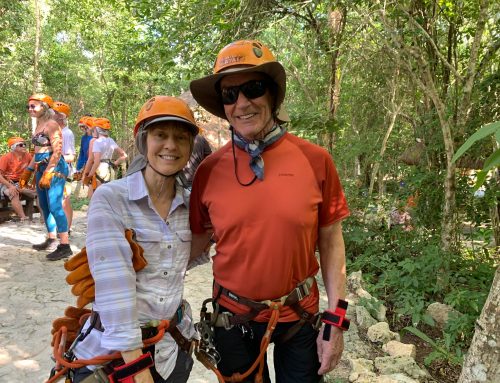A few years ago I was astonished to find a whole chapter in a spiritual book, outlining skillful communication. The author’s premise was that since we humans are so complicated, we should really remember that Miscommunication was more common (and to be expected) than understanding each other! I guess I had not really equated peace and harmony on a transpersonal level, with communicating successfully in this realm. It reminded me of how patient and compassionate we might need to be with each other.
That certainly put my perspective on seeing couples in therapy in a whole different light. The fact that we are all individuals with a unique way of looking at the world, would certainly bear out the experience of frustration that happens when we are trying to get our needs met, even if we are in a mainly harmonious relationship. Did you choose your partner because she was like you? Do you expect to see eye to eye on all issues? How much is agreeing or disagreeing on issues healthy? How much anxiety builds up even bringing up difficult issues which cause conflict? Is conflict healthy?
When I see couples for the first time, I am gathering information on how their “families of origin” communicated as they grew up; what emotions or issues were taboo or acceptable? In one partner’s experience, she was not allowed to show anger; in her partner’s, he saw his father regularly beating up his mother. The strategies to survive or thrive, and therefore, how to communicate this to others, will depend on genetics, upbringing, personality, and environment. These strategies may need updating.
I also go over some basic “Fair Fighting Rules”; the goal is to find a resolution rather than for each person to be “right”. It is always helpful to clarify with the other person, whether this is about an opinion (where the only option might be to agree to differ) or an issue which has some facts that need to be brought up. Also, it is helpful to be self-aware of how you use your body and gestures with the other. For instance, if one person is rolling their eyes while the other speaks, or turning away, what is this signaling to the speaker? And a healthy dose of reflective listening and validation is essential too. You can learn these skills individually or in couples counseling with me. Sometimes a good course on conflict resolution or Interpersonal Effectiveness (Dialectical Behavior Therapy skills) can make the difference!
Yes, communication can be tricky, and no matter how aware or educated we are, our Emotional Mind might just get in the way and make us willful. Learning the skills to navigate our own and each other’s psyches is essential.






Leave A Comment